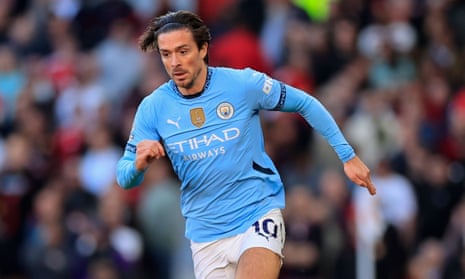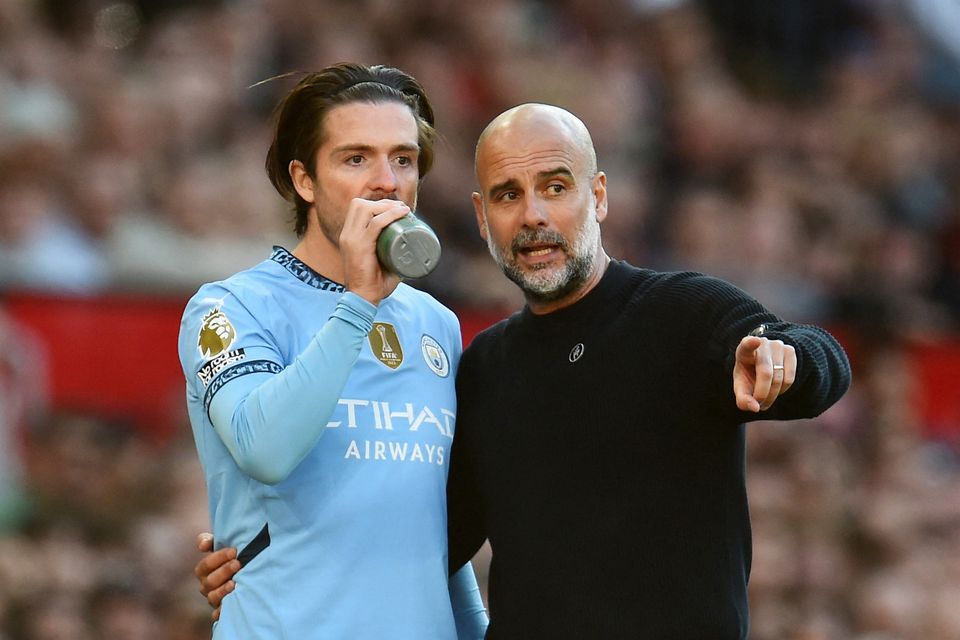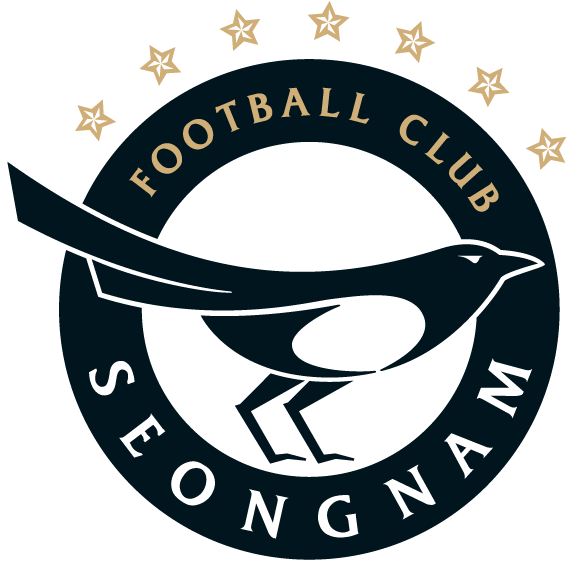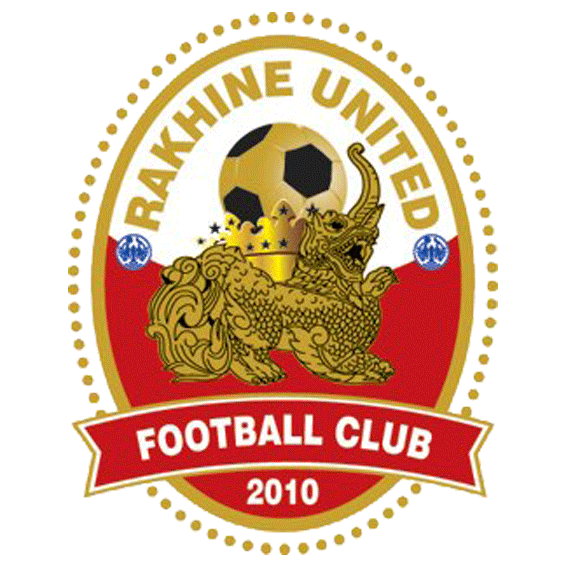
Grealish Incident Sparks Outrage: Fan Behaviour in Football Under the Microscope
Jack Grealish Assault Incident Raises Serious Questions After Manchester Derby
What was supposed to be a high-stakes Premier League showdown between Manchester United and Manchester City ended in a goalless draw — but it wasn’t the scoreline that dominated headlines in the aftermath. Instead, the spotlight has shifted to a disturbing post-match altercation involving City midfielder Jack Grealish, prompting a broader conversation about fan behaviour and player safety in modern football.
The Alleged Assault on Jack Grealish
As the final whistle echoed around Old Trafford, the tension on the pitch was palpable. But what happened after the game has left fans and pundits stunned. According to multiple reports, including the Daily Mail, Grealish, 29, was allegedly slapped by a fan while walking off the pitch. Greater Manchester Police acted swiftly, confirming that a 20-year-old man named Alfie Holt, from Droylsden, has been charged with assault.
Holt is scheduled to appear at Manchester Magistrates Court on 14 July, facing charges stemming directly from the incident that occurred at Old Trafford. The police statement was brief but clear: “This charge relates to an incident which took place at Old Trafford Football Club yesterday.”
Grealish’s Role and the Emotions Behind the Derby

Man charged with assault for allegedly slapping Jack Grealish at Old Trafford
It’s hard to overstate Jack Grealish’s impact on Manchester City. Ever since his record-breaking transfer from Aston Villa, the midfielder has played a key role in Pep Guardiola’s tactical setup — a mix of flair, pace, and tenacity. That makes him a lightning rod in high-pressure matches, especially against fierce rivals like Manchester United.
Yet, no level of passion or rivalry should ever spill over into physical confrontation. This Grealish assault incident is a worrying reminder of how thin the line is between football fervour and unacceptable behaviour.
Club Silence, but the Issue is Louder Than Ever

Man charged after Jack Grealish allegedly ‘slapped in face by Manchester United fan
When approached by , both Manchester United and Manchester City declined to comment on the incident — a silence that speaks volumes. Whether it’s due to ongoing legal proceedings or simply an effort to de-escalate the situation, the lack of a public statement leaves a vacuum that’s quickly being filled by public outcry and media debate.
While clubs often encourage passionate support, there’s growing consensus that stronger protocols are needed to protect players from moments like this — whether it happens on the touchline, during post-match walkabouts, or even while heading down the tunnel.
Guardiola Slams “Lack of Class” Amid Chants About Foden’s Family
The Jack Grealish assault wasn’t the only distasteful moment of the evening. The Manchester derby also saw sections of United supporters engaging in offensive chanting directed at Phil Foden’s mother — an incident that Guardiola didn’t hold back on.
“It’s a lack of class,” Guardiola said in his post-match comments. “We want to have fierce competition on the pitch, but what’s said and done from the stands needs to be better.”
The verbal abuse aimed at family members of players has long been a toxic stain on the game, one that governing bodies continue to struggle to remove. If football is to truly evolve, chants like these — often brushed off as ‘banter’ — must be called out for what they are: cruel, personal, and entirely unnecessary.
Security Measures Under Scrutiny
This latest episode at Old Trafford has understandably raised questions about stadium security. How was it possible for a fan to get close enough to Grealish to make contact? What preventative measures are in place to avoid such incidents, and more importantly, how are they enforced?
Old Trafford, one of the most iconic stadiums in the world, isn’t new to controversy — but a physical assault on a player within the grounds signals a major breach of protocol.
The FA and Premier League authorities are expected to review the situation closely, with possible discussions about increasing the buffer zone between fans and players during and after matches.
Where Do We Draw the Line Between Passion and Aggression?
Football is, and always has been, an emotional game. That raw, unfiltered passion is part of what makes it the world’s most-watched sport. But when emotions tip into aggression — be it through verbal abuse or physical confrontation — the game suffers.
Incidents like this one not only tarnish the spirit of competition, but also cast a shadow over the supporters who behave responsibly and show respect.
It also sends a troubling message to younger fans: that this kind of behaviour is somehow acceptable. If left unaddressed, it risks normalising abuse as part of the matchday experience.
The Bigger Picture: Protecting Players in the Modern Game
In recent years, we’ve seen a rise in fan-player confrontations, both in the UK and across Europe. From pitch invasions to social media threats, the safety of footballers — both physically and mentally — is under growing pressure.
Many in the game believe it’s time for a league-wide initiative to address these concerns. Whether that’s through increased security, harsher penalties for offenders, or education campaigns about acceptable fan behaviour, the message must be clear: players are not fair game.
Final Thoughts: Football Must Do Better
The Jack Grealish assault incident is not just about one fan or one player — it’s a wake-up call for everyone involved in football. From club officials and league administrators to fans in the stands, we all share a responsibility to ensure that football remains a sport built on respect and passion, not aggression and abuse.
Grealish, for his part, has yet to issue a personal response, but the support around him has been widespread. Let’s hope this unfortunate episode leads to positive change, rather than becoming just another incident we shake our heads at and move on from.
As the season continues and emotions run high, one thing is clear: the beautiful game must protect its players, preserve its integrity, and take real steps to stop moments like this from becoming the norm.
































There are no comments yet. Be the first to comment!